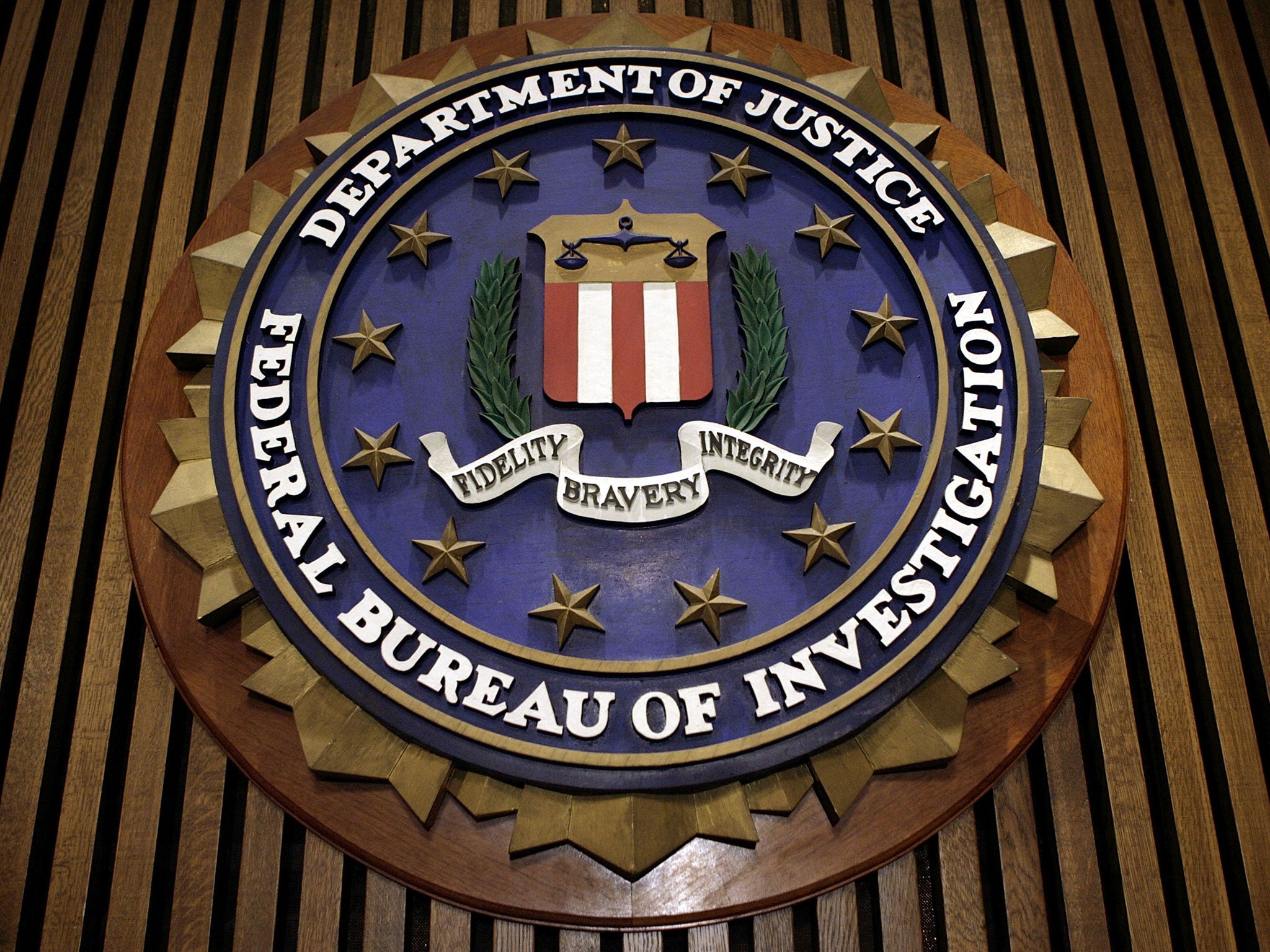How the FBI uncovered Russian spies posing as suburban Americans
The agents were observed secretly meeting, passing cash, and hiding encrypted messages online

Long before Americans were worried about election hacking and Russian fake news schemes, the New York office of the FBI was tracking a very different kind of espionage operation: Russian spies living in deep cover as normal Americans.
Between 2000 and 2010, the agents tracked a group of ten Russian agents who posed as regular people in an attempt to get close to influential Americans and send secrets back to Moscow, according to a forthcoming documentary from CBS News called The FBI Declassified: The Spies Next Door, which airs on Tuesday.
“When they first come to the United States, they’re armed only with a birth certificate,” FBI Case Agent Maria Ricci says in a promotion for the show. “They have to build a life here.”
The spies were trained in Russia, watched American TV and movies, and were given made-up backstories they referred to as their “legend,” all of which helped them blend in. According to the FBI, they lived in locations ranging from the New York and New Jersey suburbs, to Cambridge, Mass. and Washington DC.
"These were Russian intelligence officers, trained, living amongst Americans, posing as Americans who were getting access like Americans," explained FBI Supervisor Alan Kohler. They were so convincing, agents said, they were even trained in how to order a Big Mac at McDonald’s and sound like an American.
But behind their veneer of normalcy, agents say the spies were regularly engaging in clandestine activities and relaying messages back to Moscow. They were observed meeting each other at crowded locations like Manhattan’s Columbus Circle, and passing cash and other valuables in railway stations. One of the Russians was recorded digging up a cache of money near a highway rest stop outside of New York City. Some agents relayed encrypted messages via shortwave radio, while others hid secret messages in metadata on images they posted on the internet.
As the case against the cell grew over the course of a decade, agents began monitoring their phones and emails, as well as planting secret microphones and performing clandestine searches at their homes.
In the summer of 2010, the group of spies was arrested and charged with conspiracy and money laundering, though not with obtaining any classified materials. They were all sent back to Russia without trials in exchange for the release of four Western intelligence agents held in Russian prisons, the largest spy swap between the two countries since the Cold War.
“I was very impressed with the fact we knew what the hell was going on here, but at the same time it raised a lot of questions in my mind about how many of these people do we not know about,” former CIA director Leon Panetta told CBS.
Join our commenting forum
Join thought-provoking conversations, follow other Independent readers and see their replies
Comments


Bookmark popover
Removed from bookmarks